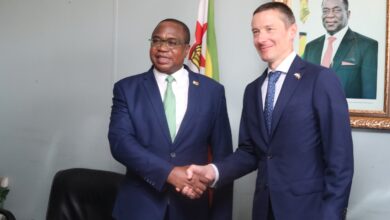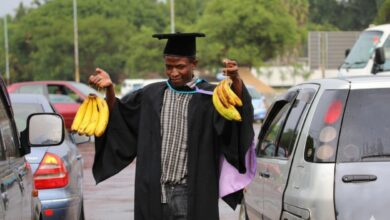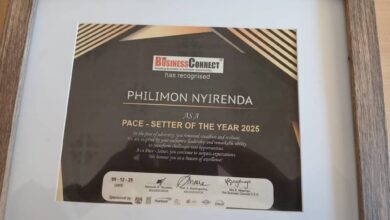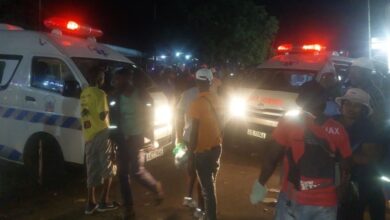Expert insights: Degrees vs. real skills
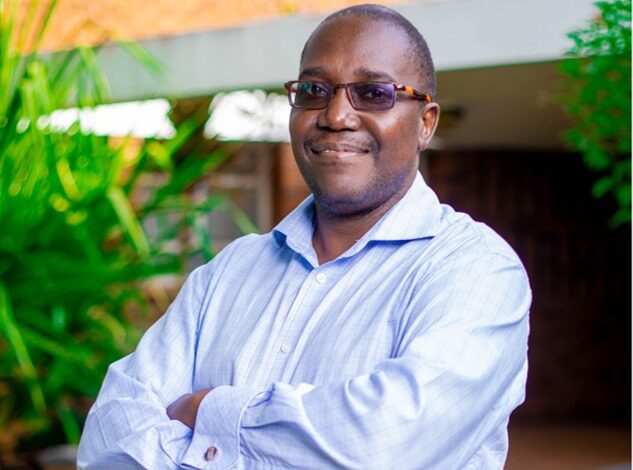
Nkosile Khumalo
At this week’s Weekly Pulse, a Matebeleland Pulse online engagement, attendees were treated to a passionate discourse by Thando Nkomo, who isn’t just a name in the communications world but a dynamic force reshaping perceptions of career success in Zimbabwe.
“University isn’t just about landing a job,” Nkomo asserted. “It’s supposed to teach you how to think, to be innovative. A degree is just a key, but what matters is finding the right door to unlock.”
His words struck a chord with those who have navigated the often unforgiving job market. As the President of the Zimbabwe Institute of Public Relations, Nkomo acts as a bridge between academic theory and real-world practice.
He delved deep, challenging the traditional narrative. “Why do we idolise degrees when they’re not the only path to success?” Nkomo argued that universities should nurture critical thinkers, not just job seekers.
The conversation then pivoted to an aspect often sidelined – the role of parents. “Parents can unlock social capitals in ways schools can’t,” he emphasized, underscoring the significance of a supportive home environment beyond what schools provide.
But his critique didn’t end there. He passionately defended vocational training and technical skills, decrying how media glorifies white-collar professions. “The media loves to paint white-collar jobs in gold, but what about the gold in the hands of a skilled technician?” His words highlighted a societal bias crying out for correction.
Addressing graduate unemployment, Nkomo offered a practical perspective. “Financial literacy, soft skills, purpose – these are where graduates are often left wanting,” he noted. Without these, even the most educated could struggle in the business world.
Nkomo’s advocacy for career coaching in rural Matebeleland was particularly poignant. “Imagine the potential if everyone had guidance in making the right career choices,” he posed, envisioning a more prosperous Zimbabwe.
His final advice was succinct yet profound: “Connect, collaborate, create.” Nkomo championed the power of networking, teamwork, and innovation as paths to not only employment but true self-sufficiency.
As the discussion concluded, Nkomo’s insights lingered in the air. Here is a man not just speaking of change but embodying it through his roles as a communications strategist, lecturer at the National University of Science and Technology, and a board member at the Zimbabwe Broadcasting Cooperation. His story isn’t merely about career advice; it’s a call to rethink, reimagine, and rebuild how we view success in careers and life.


